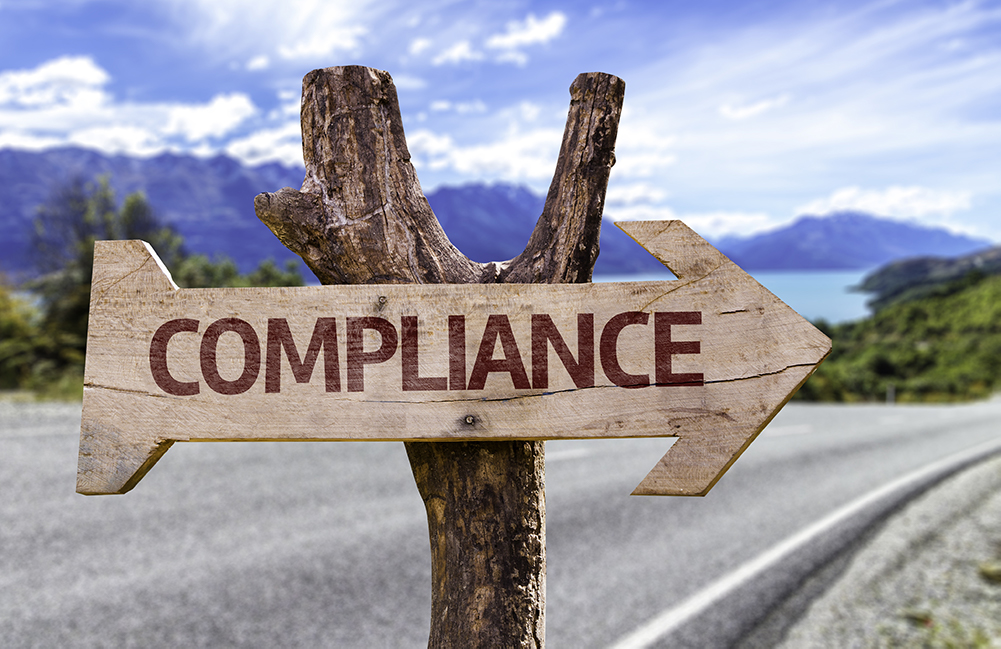
US institutions are paying more than $25 billion a year to comply with financial crime requirements. A survey by LexisNexis Risk Solutions, based on responses from over 150 decision-makers at banks, investment, asset management and insurance firms, suggests smaller firms are hit hardest, relative to their bottom lines, with the cost of AML compliance reaching up to 0.83% of total assets. Larger firms can see costs of up 0.08% of total assets.
Daniel Wager, vice president of global financial crime compliance at Lexis Nexis Risk Solutions, says: “As compliance costs rise, mid- to large-sized firms are using a wider array of newer technologies and data sources to prevent financial crime. While these firms report a higher average compliance spend per year ($18.9 million), they are actually lowering the cost of compliance. The overarching goal is to achieve compliance with greater efficiency and with less human capital.”
The executives surveyed reported that regulatory reporting, customer risk profiling and sanctions screening are among the key challenges for US financial firms. Operational inefficiencies pose significant challenges at firms that use less technology. Financial institutions are now seeking to leverage AML compliance processes to better understand and manage customer relationships and improve financial risk management.
The survey report suggests that implementing a layered approach to AML compliance technology may not only be necessary, but crucial, to improving compliance processes. Firms that use layered solutions, including multiple services like cloud-based KYC procedures, shared interbank databases and machine learning and artificial intelligence (AI), take significantly less time to complete due diligence than those using just one of these technologies.
The report concludes: “Many firms are still relying on manual efforts with their AML compliance technology, which is not optimal for either performance or cost-effectiveness.”
Subscribe to our newsletter




